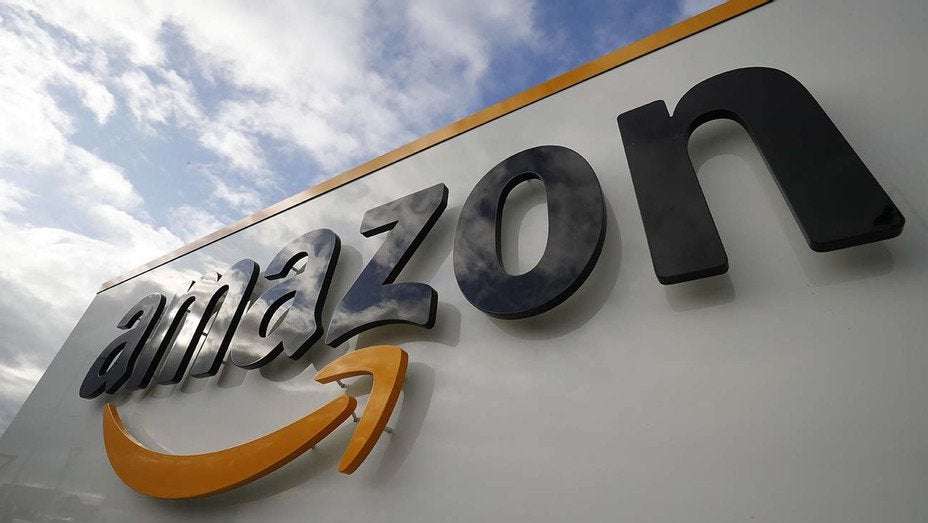The streamer says its terms of use are clear: What viewers are paying for is a limited license.
When an Amazon Prime Video user buys content on the platform, what they're really paying for is a limited license for “on-demand viewing over an indefinite period of time” and they're warned of that in the company's terms of use. That's the company's argument for why a lawsuit over hypothetical future deletions of content should be dismissed.
In April, Amanda Caudel sued Amazon for unfair competition and false advertising. She claims the company "secretly reserves the right" to end consumers' access to content purchased through its Prime Video service. She filed her putative class action on behalf of herself and any California residents who purchased video content from the service from April 25, 2016, to present.
On Monday, Amazon filed a motion to dismiss her complaint arguing that she lacks standing to sue because she hasn't been injured — and noting that she's purchased 13 titles on Prime since filing her complaint.
"Plaintiff claims that Defendant Amazon’s Prime Video service, which allows consumers to purchase video content for streaming or download, misleads consumers because sometimes that video content might later become unavailable if a third-party rights’ holder revokes or modifies Amazon’s license," writes attorney David Biderman in the motion, which is posted below. "The Complaint points vaguely to online commentary about this alleged potential harm but does not identify any Prime Video purchase unavailable to Plaintiff herself. In fact, all of the Prime Video content that Plaintiff has ever purchased remains available."
Further, Amazon argues, the site's required user agreements explain that some content may later become unavailable.
"The most relevant agreement here — the Prime Video Terms of Use — is presented to consumers every time they buy digital content on Amazon Prime Video," writes Biderman. "These Terms of Use expressly state that purchasers obtain only a limited license to view video content and that purchased content may become unavailable due to provider license restriction or other reasons."
Amazon argues it doesn't matter whether Caudel actually bothered to read the fine print.
"An individual does not need to read an agreement in order to be bound by it," writes Biderman. "A merchant term of service agreement in an online consumer transaction is valid and enforceable when the consumer had reasonable notice of the terms of service."

Thortsen on October 29th, 2020 at 09:30 UTC »
I understand their point of view - but they should not be allowed to call it “buying” then.
Fallcious on October 29th, 2020 at 04:03 UTC »
This was proven years ago when Amazon took away purchased content (I think it was 1984 of all things) straight off people's devices.
Zaku0083 on October 29th, 2020 at 03:52 UTC »
I've been saying this for years. It is in their ToS, I remember reading a story about a woman who could not pass on her collection of eBooks after she died and since then I have advocated physical media.